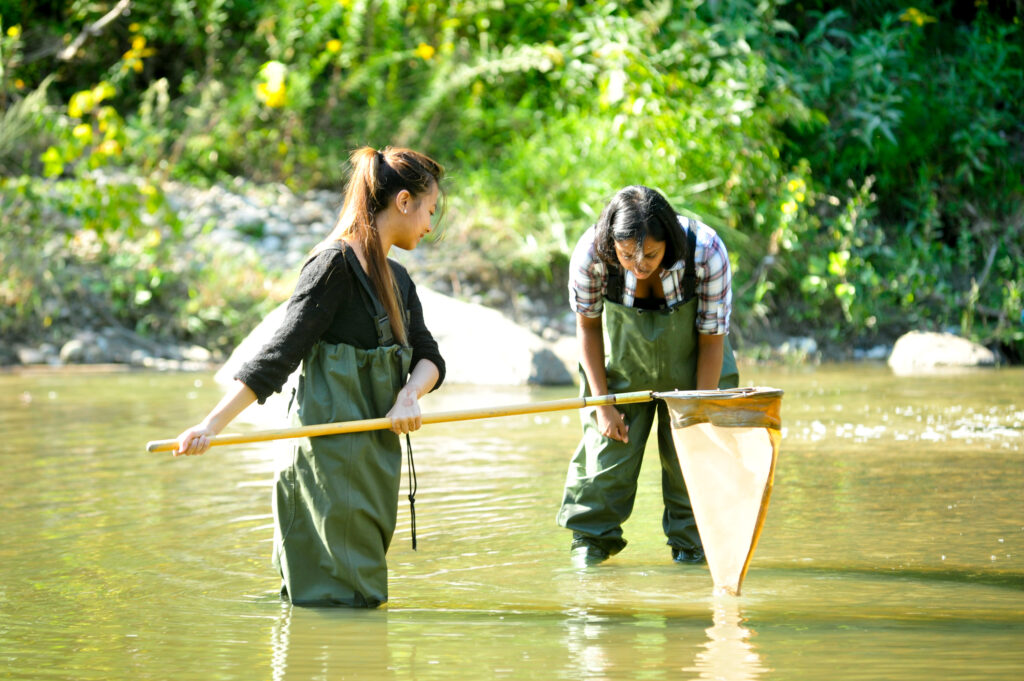TRC Calls to Action
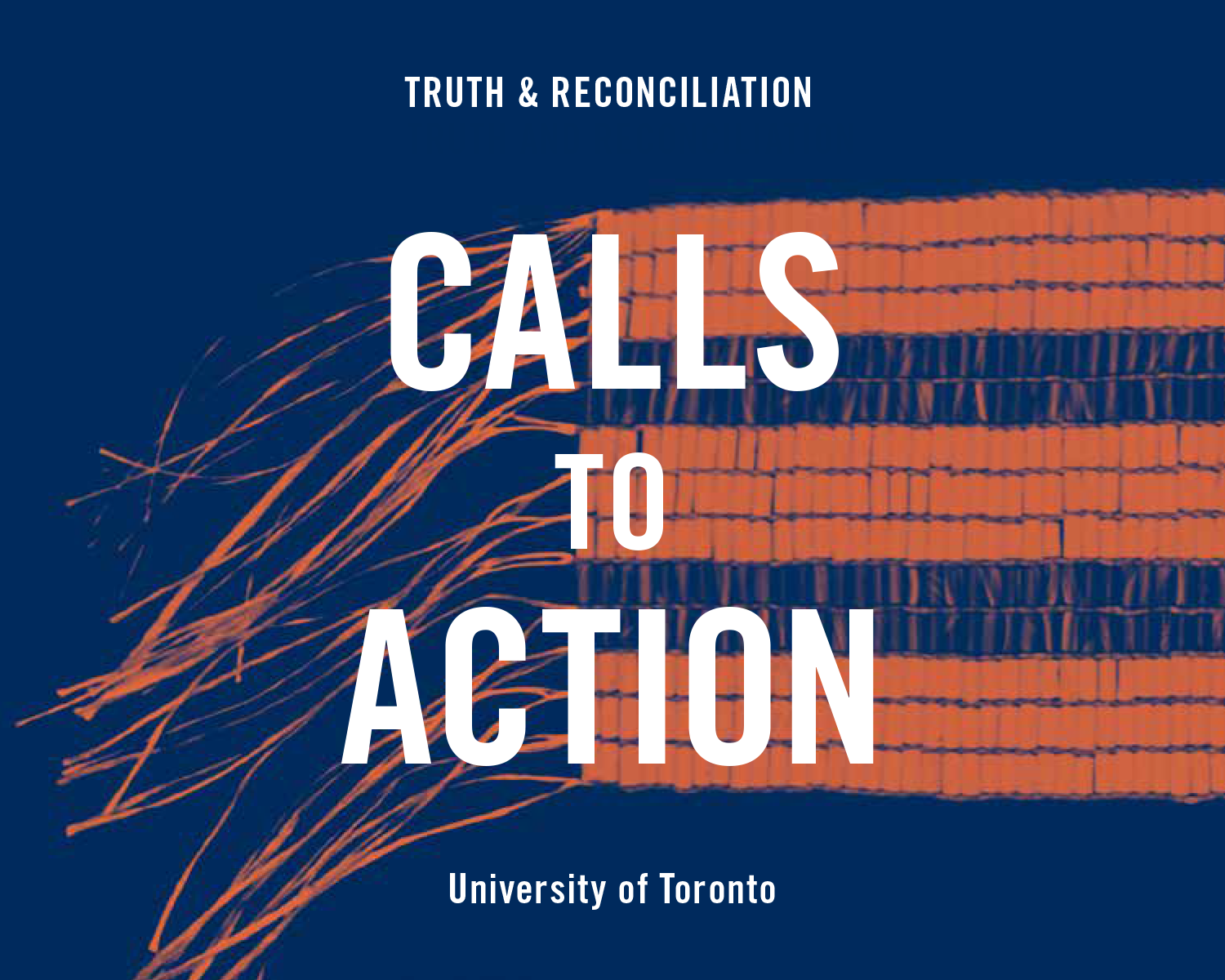
The Indigenous Research Network, formed from the Truth and Reconciliations’ 34 Calls to Action, is one of the University of Toronto’s Institutional Strategic Initiatives (ISI), designed to address complex global challenges by harnessing the University’s top-quality academic talent across many fields of expertise. Each initiative brings together flexible, multidisciplinary teams of researchers and students from across faculties and campuses, as well as partners from industry, government, and the community.
The IRN will implement key areas of Answering the Call, focusing on short- and long-term Calls to Action with the long-term goal of institutional transformation of research policies, practices, culture, and supporting an empowered Indigenous presence at U of T.
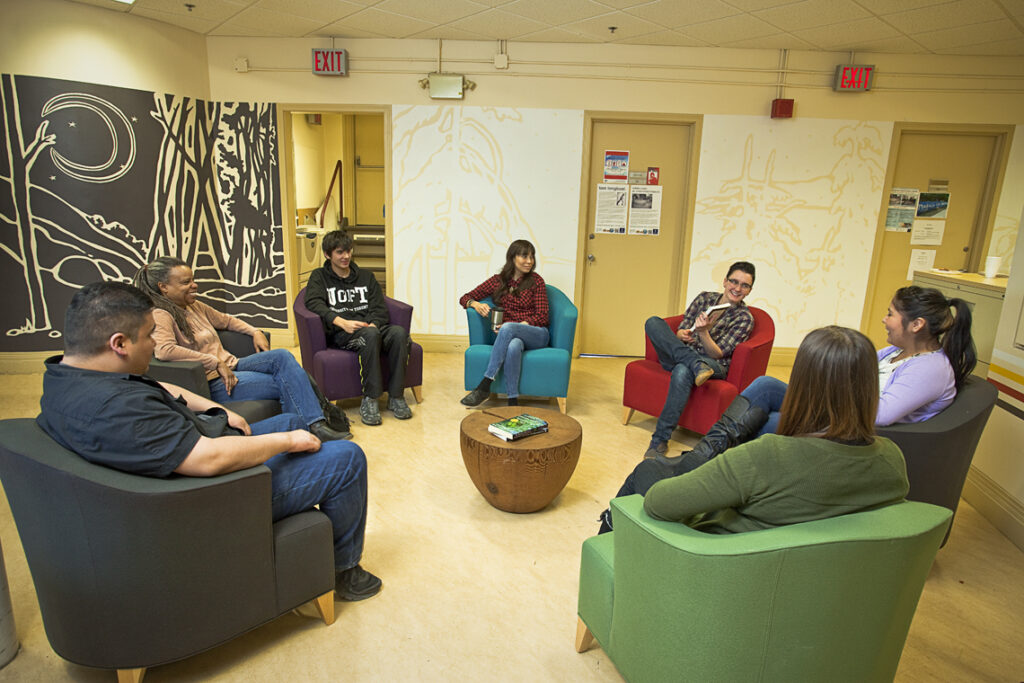
7. Short-Term Call to Action
The Provost’s Office should seek out additional ways to encourage and facilitate networking opportunities for Indigenous faculty and Indigenous staff.
13. Longer-term Call to Action
The Provost and the Vice-President, Research, and Innovation, in close collaboration with the Faculty Association, should convene a working group within the next two years to examine issues related to community-based research, and specifically research in and with Indigenous communities. This working group could articulate guidelines both for the ethical undertaking of such research and for its assessment in processes of tenure and promotion.
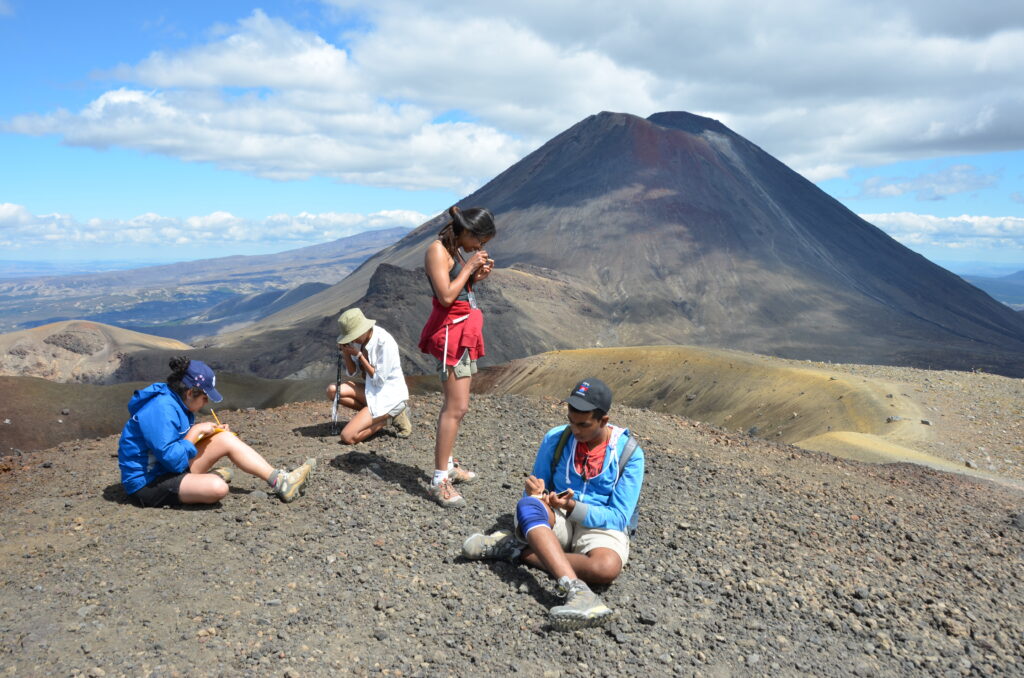
20. Longer-term Call to Action
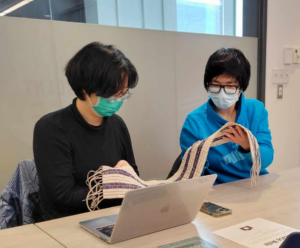
The Provost and the Vice-President, Research and Innovation should oversee the development of research training modules that recognize historical patterns of unethical research in and with Indigenous communities. Specific cultural and research ethics training should be made available to any scholar seeking to work in an Indigenous community.
21. Short-term Call to Action
The University should consider the creation of a Research Ethics Board sub-committee focussed solely on Indigenous-related research. The sub-committee would be tasked to develop a protocol for coordinating the ethical review with Indigenous communities.
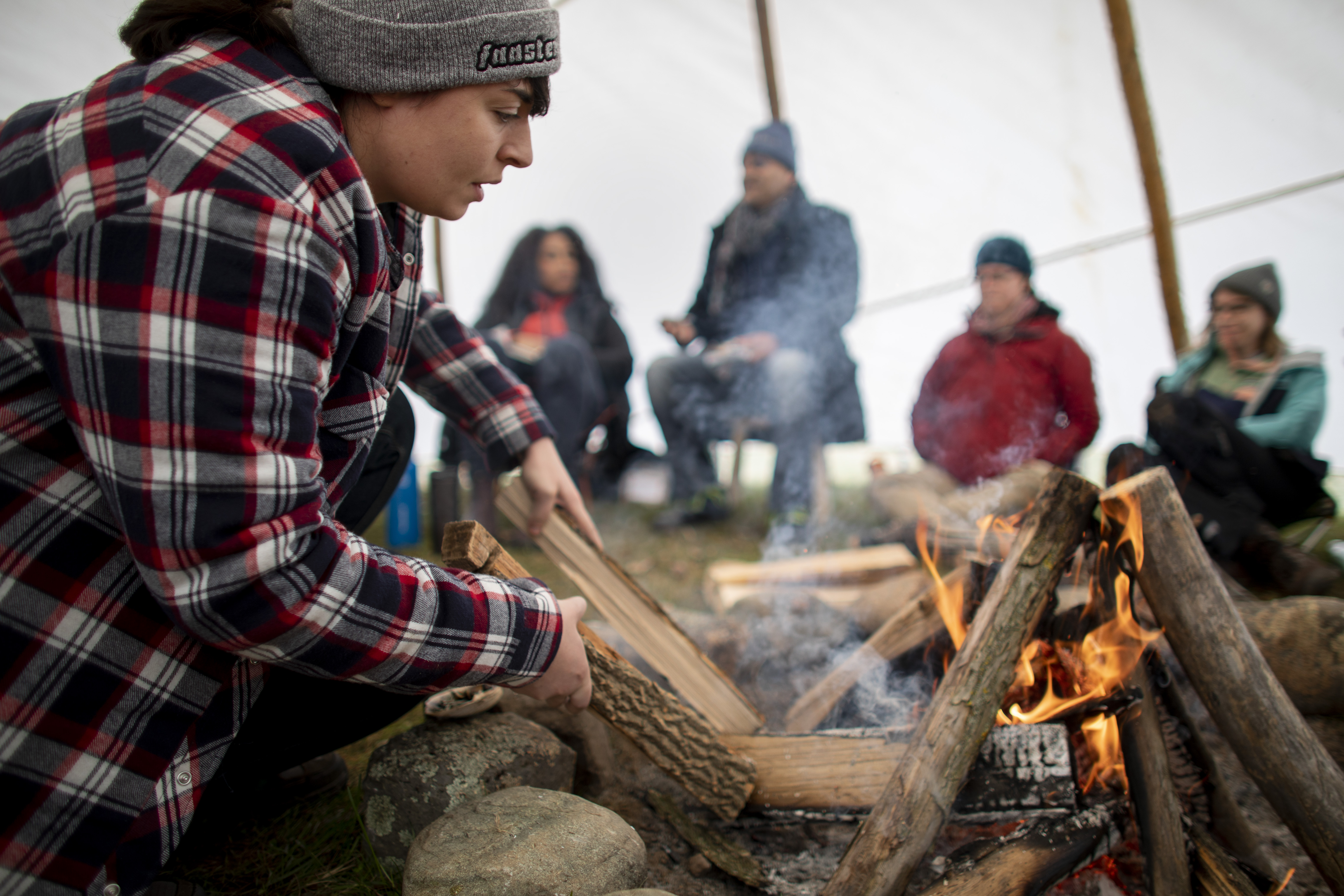
22. Short-term Call to Action
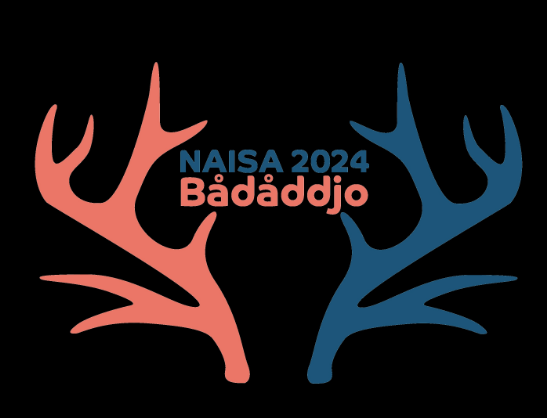
The Vice-President, Research and Innovation should work with other universities, in close collaboration with the granting councils, to convene a joint committee to consider the Tri-Council Policy Statement: Ethical Conduct for Research Involving Humans, its application to research involving Indigenous peoples and communities, and the fit with existing research funding programs of the granting councils.
30. Short-term Call to Action
The Vice-Provost, Students should establish a working group to design a sustainable mentoring program for Indigenous students, drawing on volunteer Indigenous faculty, staff, and students to serve as mentors for first year undergraduate Indigenous students. The program might be expanded to upper-year students as resources allow.
